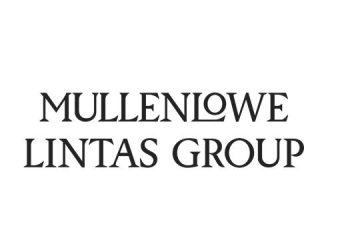ASCI and K&S Partners, have recently released a whitepaper titled “Misleading Advertisements and Trademarks – A Registration Conundrum.” This paper identifies the practice and instances of brands making misleading claims and representations through the use of trademarks.
It has often been noted that businesses register misleading or even deceptive descriptive or laudatory terms, slogans, etc. as trademarks. These words describe the product’s unsupported nature, quality, or quantity, which ends up misleading consumers. For instance, a sweater brand called “All Wool” implies that it is made of wool. However, if the actual products are not made of 100% wool, such a trademark can become deceptive. Similarly, a product with the trademark “Wholewheat Marie” which contains refined flour as the dominant ingredient, misleads consumers as to the health and nutritional values of such products. The use of such trademarks that falsely describe product attributes is in potential breach of both the Consumer Protection Act and the ASCI code.
Brands and advertisers often cite trademark registrations as a defence, these words or phrases mislead consumers. However, this paper argues that such a defence is not valid, as making misleading representations violates the ASCI code, the Consumer Protection Act, and the Trade Marks Act itself. The paper calls for greater scrutiny and restraint in permitting descriptive trademarks to brands, and to ensure that such trademarks are not a false representation of the product.

Manisha Kapoor, CEO and Secretary General, ASCI, said, “At ASCI we see cases where the advertiser uses a trademark registration to defend their direct or implied claims, asserting that a trademark registration means that the claim is good in law. This is not true, and we would ask brands to be cautious in using untrue, exaggerated or misleading phrases to describe their products, whether trademarks or not.”
Prashant Gupta, Partner, K&S Partners, said: “The issue concerning false, unsubstantiated, and dishonest advertisements, under the guise of descriptive or laudatory trademarks, is grave. Protecting consumers from deception is one of the principal tenets of the ASCI Code, the Trade Marks Act, and the Consumer Protection Act. The Trademark Office needs to raise the threshold for descriptive or laudatory trademarks, failing which, protecting consumers’ rights from fraudulent marks and making informed choices would be severely compromised.”
Download the whitepaper here.

















